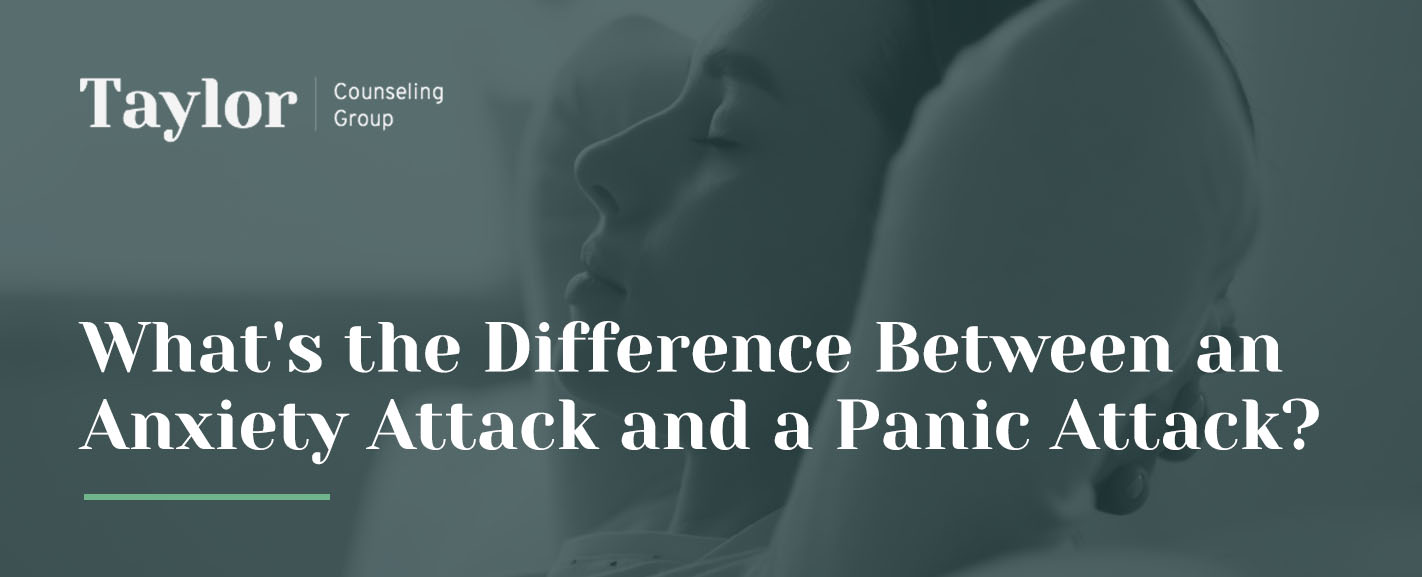This Is Us is back and I couldn’t be more excited to see what is in store for the triplets and their families! As always the show delivered a well thought out look into issues like adoption and infertility. We saw the struggles that these issues can bring to a marriage and family as individuals sort out their emotions concerning their experiences. The scene that lingered in my mind however, was when Deja tells Randall “we’re not the same”.
Poor Randall is always trying so hard to create perfect situations and conversations to make sure those around him feel loved and cared for. All too often he completely misses the boat, but in my opinion a parent who tries is way more effective than a parent who doesn’t!
This concept spreads beyond adoption and is a powerful dynamic in relationships in general. While Deja’s response was probably very hurtful to Randall, it was honest, and I’m impressed with the way she is able to express herself. At the end of the day she’s right, her experience of abandonment is completely different from Randall’s. In an attempt to connect, we can often create the opposite dynamic by saying “I know how you feel”. There is so much Randall does not know about Deja’s story and his quickness to assume seems to cheapen her story (from her perspective).
There is a big difference between sympathy and empathy. Sympathy occurs when we care that someone is experiencing a difficult situation. We can feel sad that a friend is going through a hard time and not be able to feel what they feel. In situations of sympathy saying things like “I’m so sorry you’re going through this”, or “I can’t imagine how this must feel for you” are more appropriate than, “I know how you feel”. Empathy on the other hand is an actual sharing of the emotion another is feeling. In most cases this means that we have been through something similar or are able to put ourselves in their shoes so much so that the same emotions arise. This would look more like actually getting in the trench with some struggling instead of sending well wishes from the cliff next door. When empathy is involved we can say things like “I’ve been there” or “I’m sad/angry/hurt thinking about you experiencing this.
Randall feels sad that Deja has experienced abandonment from her mom and dad. That response by itself is powerful. Healing can happen when we know someone else is impacted by the pain we have felt in our own lives. Deja probably hasn’t had many people feel sad on her behalf but Randall has not experienced the same feeling of abandonment. It is also powerful for him to recognize the differences in their experiences. After Randal apologizes we see a change in Deja. She is now more open to accepting his sympathy and doesn’t react in a defensive way. Moving from (forced) empathy to sympathy creates a bridge for connection between the two.
Some Things to Consider:
- 1. Have you ever told someone “I know how you feel” and not gotten the response you hoped for? How may you have assumed something about their emotions that left them feeling misunderstood or belittled?
- 2. Are there people in your life you can start to communicate more sympathy or empathy with in order to help them through their healing process?






